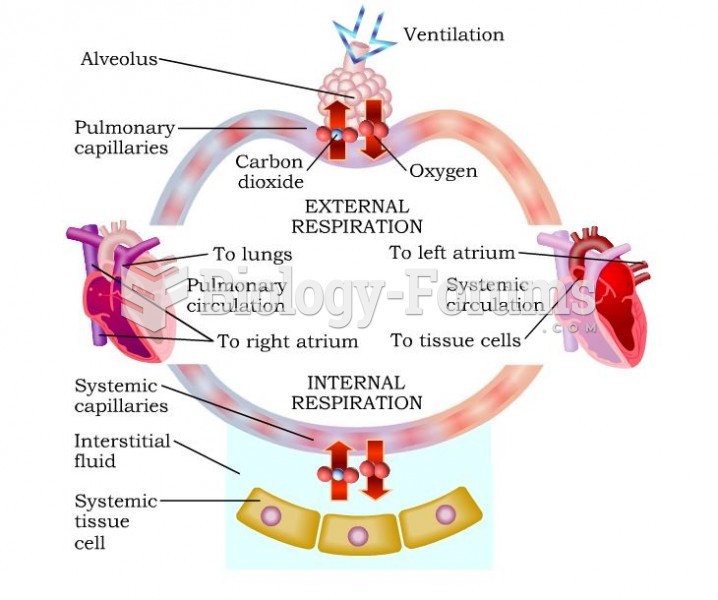Answer to Question 1
Proper breathing is vital to optimal health, as the process of inhaling air feeds life-sustaining oxygen to the lungs and, in turn, the cardiovascular system feeds it to virtually every part of the body, revitalizing organs, cells, and tissues. It's best to avoid a pattern of shallow, quick breathing in reaction to stress because this type of breathing restricts the body and brain from receiving the amount of oxygen required for healthy function. Instead, breathing fully and deeply has been shown to ease anxiety and pain, improve asthma symptoms, burn calories more efficiently, lower blood pressure, strengthen the immune system, and help people with diabetes control blood sugar.
Students who practice deep breathing meditation significantly increase academic learning and achievement. One study in particular found that college students who practiced deep-breathing exercises before an exam reported decreased levels of anxiety, nervousness, and loss of concentration. Breathing exercises engage one of your body's most powerful mechanisms for naturally reducing stress. These exercises have been used for centuries in the Orient and India to improve mental, physical, and emotional stamina. In breathing exercises, the person concentrates on breathing away the tension and inhaling a large amount of air with each breath. Breathing exercisesdeep breathing, sighing, and complete natural breathingcan be learned in only a few minutes and should be done in a quiet, pleasant, well-ventilated room.
Answer to Question 2
Explanatory style is a way of thinking when all other factors are equal and when there are no clear-cut right and wrong answers. The contrasting explanatory styles are pessimism and optimism. People with a pessimistic explanatory style interpret events negatively; people with an optimistic explanatory style interpret events in a positive lightEvery cloud has a silver lining..
A pessimistic explanatory style can delay healing time and worsen the course of illness in several major diseases. For example, it can affect the circulatory system and general outlook for people with coronary heart disease. Blood flow actually changes as thoughts, feelings, and attitudes change. People with a pessimistic explanatory style have a higher risk of developing heart disease.
In contrast, an optimistic style tends to increase the strength of the immune system. An optimistic explanatory style and the positive attitude it fosters can also enhance the ability to resist infections, allergies, autoimmunities, and even cancer. A change in explanatory style can lead to a remarkable change in the course of disease. An optimistic explanatory style and the positive emotions it embracese.g., love, acceptance, and forgivenessstimulat e the body's healing systems.







